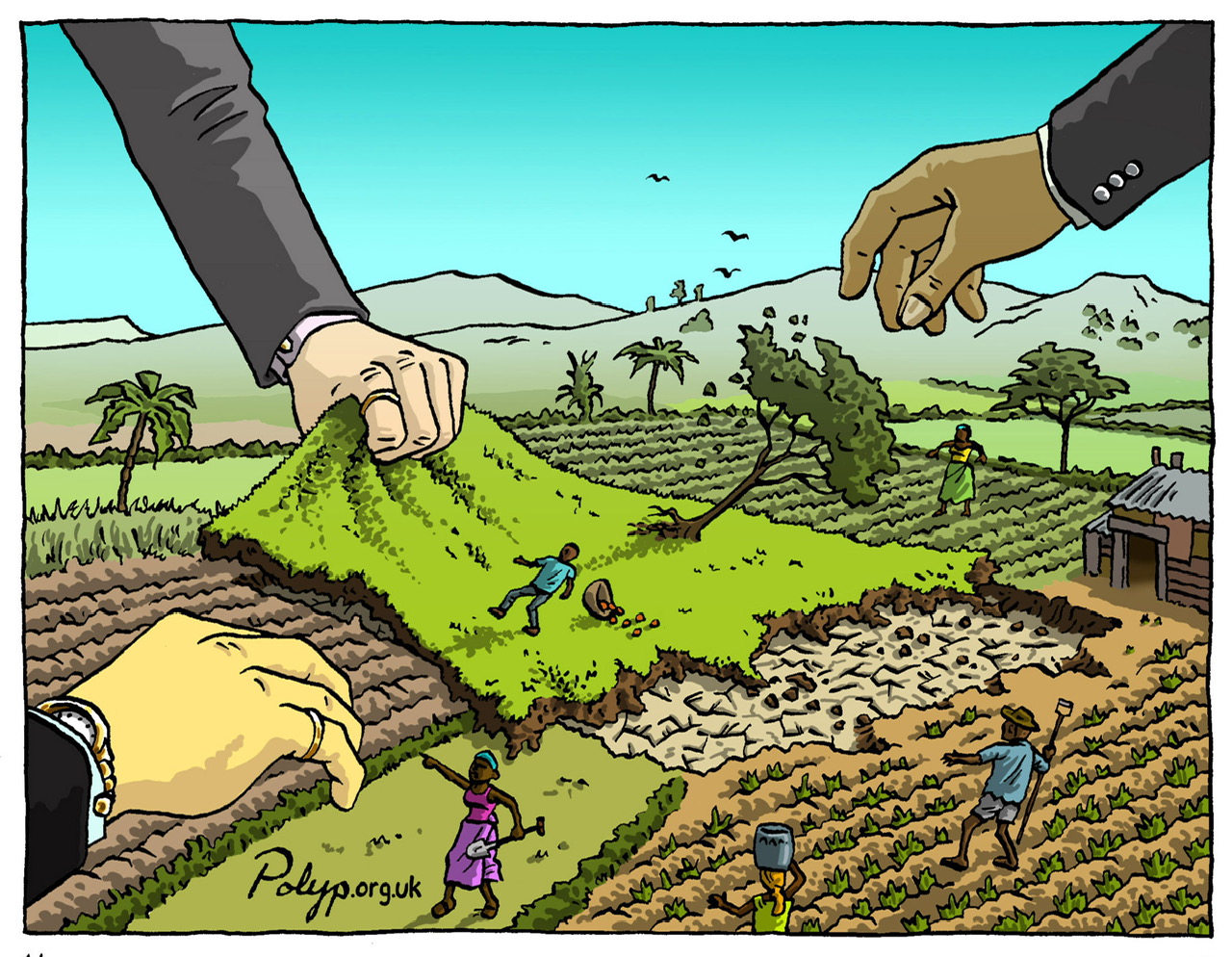In the bombardment of punitive measures unleashed by the US government in recent weeks, it is striking how much South Africa has had to endure. Modest support for the distribution of anti-retroviral drugs has been halted, along with other aid worth half a billion dollars. The extension of the trade agreement between the two countries now seems unlikely. Finally, in mid-March, the South African ambassador to the US was declared persona non grata.
Trump surrounds himself with a group of South African intimates, such as Elon Musk, PayPal director Peter Thiel, and political commentator Joe Pollak—privileged individuals who owe much of their education and wealth to the series of advantages they enjoyed in Apartheid South Africa. They opened the doors of the White House to the racist AfriForum, a white farmer lobby group. They told Trump they are victims of land expropriation without compensation and even of an orchestrated extermination. This is nonsense. There is much to criticize about the South African government, but Trump’s campaign is clearly not about fighting corruption or the lack of service delivery in that country.
Analysts believe that South Africa's leading role in the genocide lawsuit against Israel is likely a key reason for Trump's anger. This indictment concerns the defence of international law, which stipulates, among other things, that countries respect each other's sovereignty and, after an era of slavery, colonial greed, and devastating world wars, the right to self-determination—from Greenland to Palestine, from Canada to South Africa. The US president is a self-proclaimed “dealmaker,” but agreements must be based on reciprocity, not with a gun pointed at the other person's temple. To make the world safe for exploitation once again, South Africa apparently has to lower its voice.


